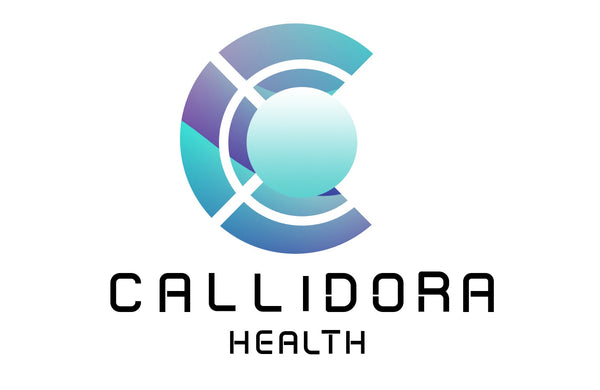If you suffer from vein-related conditions or experience discomfort in your arms due to swelling, fatigue, or poor circulation, you might want to consider a vein care compression medical arm sleeve. These specially designed garments provide graduated compression, helping to improve blood flow, reduce pain, and support overall arm health.
In this blog, we’ll explore how compression arm sleeves work, who can benefit from them, and what to look for when choosing the right one for your needs.
What Are Compression Medical Arm Sleeves?
Compression arm sleeves are elastic garments worn on the arm that apply consistent pressure, usually tighter at the wrist and gradually decreasing toward the upper arm. This graduated compression helps promote the return of blood to the heart, supporting venous health and reducing swelling (edema).
Medical-grade compression sleeves are often recommended by healthcare professionals for managing conditions such as:
-
Lymphedema
-
Varicose veins
-
Post-surgical recovery
-
Thrombosis prevention
-
Chronic venous insufficiency
-
Arm fatigue from repetitive motion or sports
Key Benefits of Vein Care Compression Sleeves
-
Improved Circulation
Compression sleeves help veins push blood back to the heart more effectively, reducing pooling of blood in the lower parts of the arm. -
Reduced Swelling and Discomfort
For individuals with lymphedema or post-surgical swelling, wearing a compression sleeve can significantly alleviate puffiness and pain. -
Support for Active Lifestyles
Athletes often use compression gear to enhance performance and recovery by reducing muscle vibration and improving oxygen delivery to the muscles. -
Post-Operative and Preventative Care
After surgeries or during long periods of inactivity, wearing a compression sleeve can help prevent deep vein thrombosis (DVT) and support healing.
Choosing the Right Compression Sleeve
When selecting a compression arm sleeve, consider the following:
-
Compression Level: Measured in mmHg (millimeters of mercury). Mild (15–20 mmHg), moderate (20–30 mmHg), or high (30–40 mmHg) depending on your medical needs.
-
Fit and Sizing: A proper fit is crucial. Sleeves that are too tight can cause discomfort; too loose, and they won't be effective.
-
Material and Breathability: Look for moisture-wicking, breathable fabrics for long-term comfort.
-
Medical vs. Athletic Use: Medical sleeves are usually prescribed and offer higher compression, while athletic versions focus more on performance and recovery.
Always consult with a healthcare provider before starting compression therapy, especially if you have underlying health conditions.
